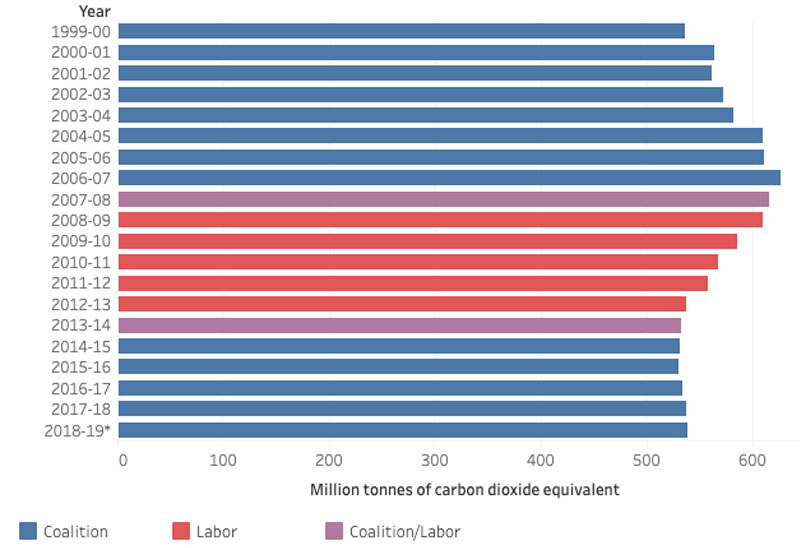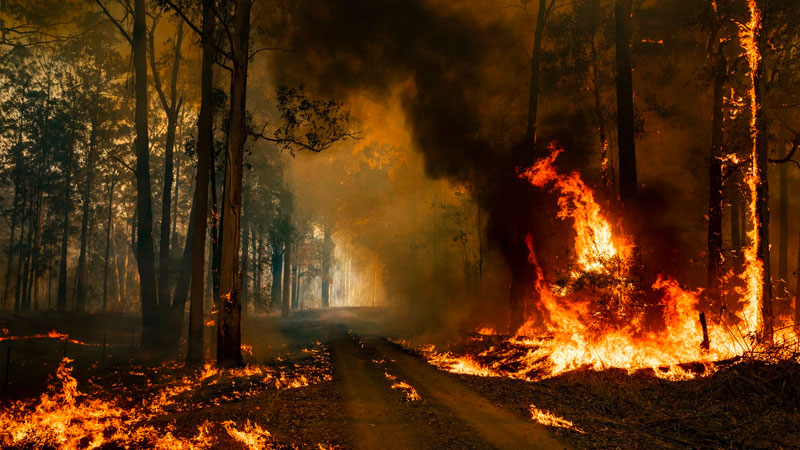Government Pushes Property Companies to Go Green
Greenhouse gas emissions from energy production and increasing stress on all aspects of energy security in Australia look set to continue to rise despite the Morrison government claiming it is taking “sensible, responsible action” to address the climate crisis.
In an attempt to reduce emissions, which increased by 3.1 million tonnes in the year to March to reach 538.9 million tonnes (a 0.6 per cent jump on the previous year), the Morrison government is incentivising Australian businesses to undertake voluntary carbon-neutral choices.
Climate Active, formally known as the Carbon Neutral certification, has been relaunched with a new logo and brand, designed to be more recognisable and better inform choices.
The government-backed initiative, which certifies products and events as well as companies, will now provide a certification for organisations, products, services, events, precincts or buildings that met all requirements in achieving zero carbon emissions.
Carbon emissions in Australia since 1999

Some of Australia’s biggest businesses have been certified carbon neutral through the program, including ANZ, NAB, Qantas and GTP Group.
“Businesses can help drive change by undertaking Climate Active certification, signaling a commitment to an environmentally-sustainable future for consumers of their goods and services, Climate Active director Daniel Sheedy said.
“More than 16 million tonnes of carbon have been offset by Australian businesses and companies that are members of the Climate Active network over the past decade—equivalent of taking every car off Sydney’s roads for one year.”
Earlier this year, Frasers Property partnered with distribution giant DHL to create one of the first Climate Active certified industrial buildings, installing 200kW solar system, LED lighting and improving heating and cooling efficiencies.
Frasers Property sustainability general manager Lisa McCutchion said it was imperative that more tenants took up the challenge to embed sustainable practices into their operations.
“While we continue to look to ways we can improve our own environmental efficiencies, working with our tenants to assist them in cutting their carbon emissions will provide a more sustainable environment and future for everyone.”
Carbon offsets in the broader scheme of reducing national emissions have sometimes been looked down upon by environmental advocates, concerned about companies passing the buck on their responsibilities to rein in their own carbon footprint.

It's getting hot in here
For the past few weeks the east coast of Australia has been ravaged by wild fires that have so far claimed four lives and destroyed more than 2.5 million acres of farmland and bush.
Nearly 75 fires are currently burning across New South Wales, the nation's most populous state, where hundreds of homes have been destroyed in the past few days. In Queensland, about 80 fires are burning.
Emergency crews have also fought blazes last week in South Australia and Western Australia.
Despite this, the Morrison government has continued to downplay climate concerns amid criticism of its support for coal mining and perceived lack of action on reducing carbon emissions.
A survey released in September shows that 77 per cent of Australians believe climate change is occurring, up from 66 per cent when the Liberal Party came to power in 2013.
Australia recorded its hottest month in January 2019, its third-hottest July and its hottest October day in some areas, among other temperature records.
The Bureau of Meteorology and the CSIRO say Australia has warmed by 1C since 1910 and temperatures will increase in the future.
Last month, 300,000 Australians joined millions around the world in taking to the streets to demand climate action.















